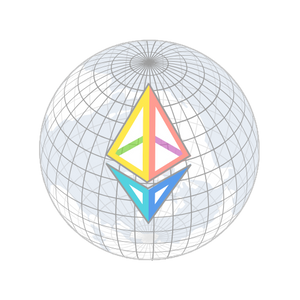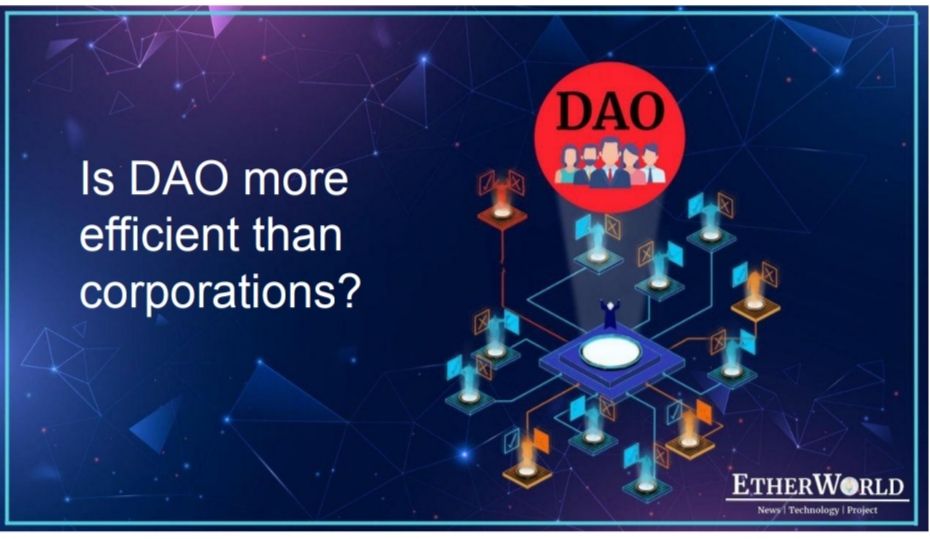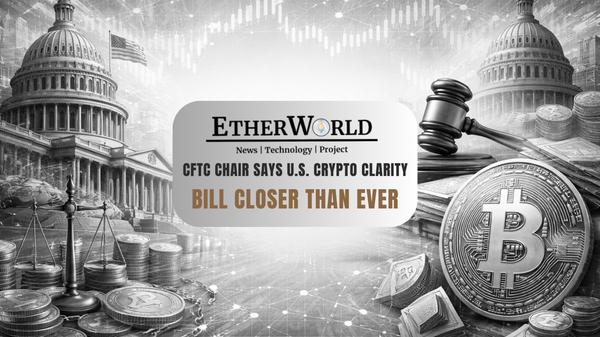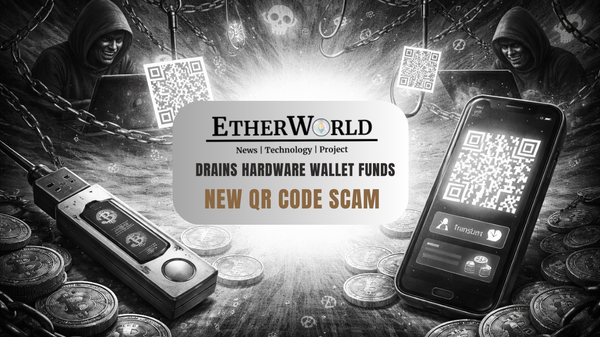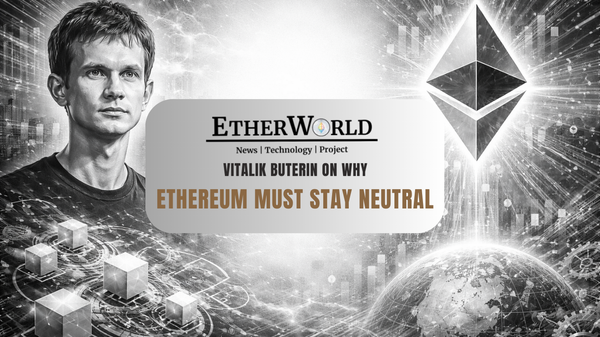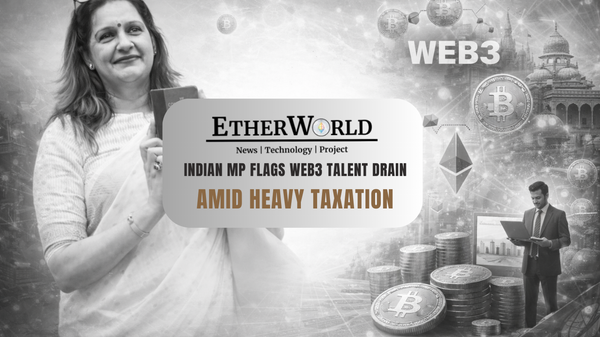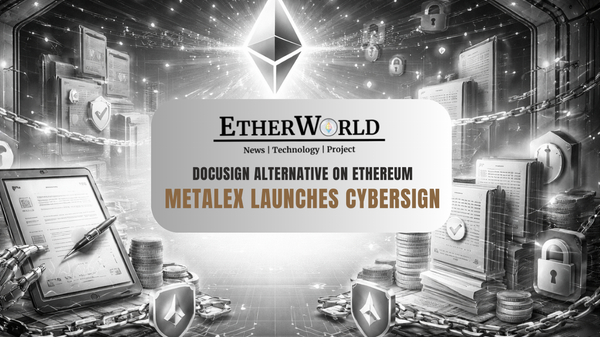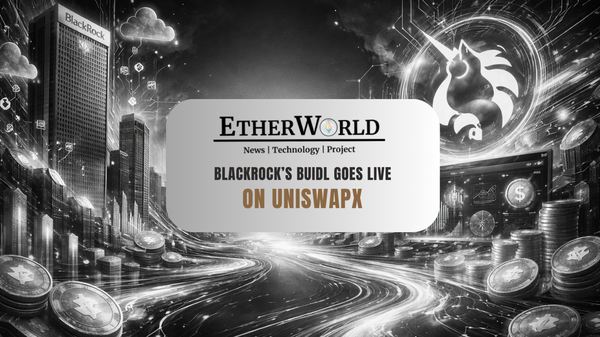Ethereum co-founder Vitalik Buterin in his latest blogpost defended decentralized Autonomous Organisations, popularly called DAOs. He argued that DAOs can be more efficient than traditional corporations in the presence of a highly decentralized governance model.
Presently, the community seems divided on its views on DAO. The critics advocate that highly decentralized DAOs have been inefficient. Whereas the crypto community views that adoption to traditional governance structure could make protocols become more efficient. DAO or decentralized Autonomous Organisations are member- owned communities without centralised leadership.
In his blogpost, Vitalik compared the advantages of DAOs with traditional corporations. According to Vitalik’s theory, at the time of decision making, while corporations incline towards convex decisions, DAOs would rely on decentralization to make better decisions in a concave environment. In case decisions are convex, decentralising the process of making that decision can give rise to confusion and low-quality compromises.
On the other hand, as Vitalik argues, when decision making is concave in nature, leveraging on the wisdom of the crowds can provide better results. In that sense, DAO-like structures that allow a large amount of difference in views and input while making a decision can make a lot of sense.
Vitalik’s second defence talked about ‘decentralization and censorship resistance’ which he explained by giving the example of BitTorrent, a decentralized file sharing system. To Vitalik, DAOs can serve as both censorship and instability-resistant alternatives to corporations.
DAOs usually favours decentralization to defend themselves from censorship. To this, Vitalik said, “it requires not just censorship resistance, but also long-term investment and reliability.’ Vitalik further articulates that DAOs have moved to take on the functions of nation states by maintaining basic infrastructure.” He explains this by giving examples of the Kleros court, and the Optimism retroactive funding mechanism. All these three cases, according to Vitalik, “required robust governance systems that can credibly convince a large and untrusting public that it is robust”.
He further talks about MakerDAO- the issuer of the decentralized stablecoin DAI. In his defence, Vitalik claimed DAI is decentralized and is more equipped to handle censorship attacks from the U.S government unlike its contemporary USDC which is a centralised alternative.
According to Vitalik’s blogpost, decentralized governance is better for fostering ‘credible fairness’. This is far more effective in systems that require some degree of subjective decision- making.
Vitalik mentioned the article by Curtis Yarvin who argued that the successful DAO models should be designed after corporate governance, not political science. In response to this, Vitalik called DAOs ‘sovereign’ and said there is a lot of scope in political science and DAOs should learn from it.
When it comes to decision- making, sovereign entities are said to be inefficient while corporations are seen as more efficient for their said ability to easily adopt tools to make timely decisions. However, corporations should be seen as hanging at loose ends when it comes to issues of succession. Whereas sovereigns have developed systems that can secure a smooth and easy transition of power to sustain operations.
________________________________________________________Disclaimer: The information contained on this web page does NOT constitute financial advice or a solicitation to buy or sell any cryptocurrency contract or securities of any type. Trading is a high-risk activity. Readers are suggested to conduct their own research, review, analyze and verify the content before relying on them.
To publish press releases, project updates and guest posts with us, please email at contact@etherworld.co.
You've something to share with the blockchain community, join us on Discord!
Follow us on Twitter, Facebook, LinkedIn, Medium and Instagram.
